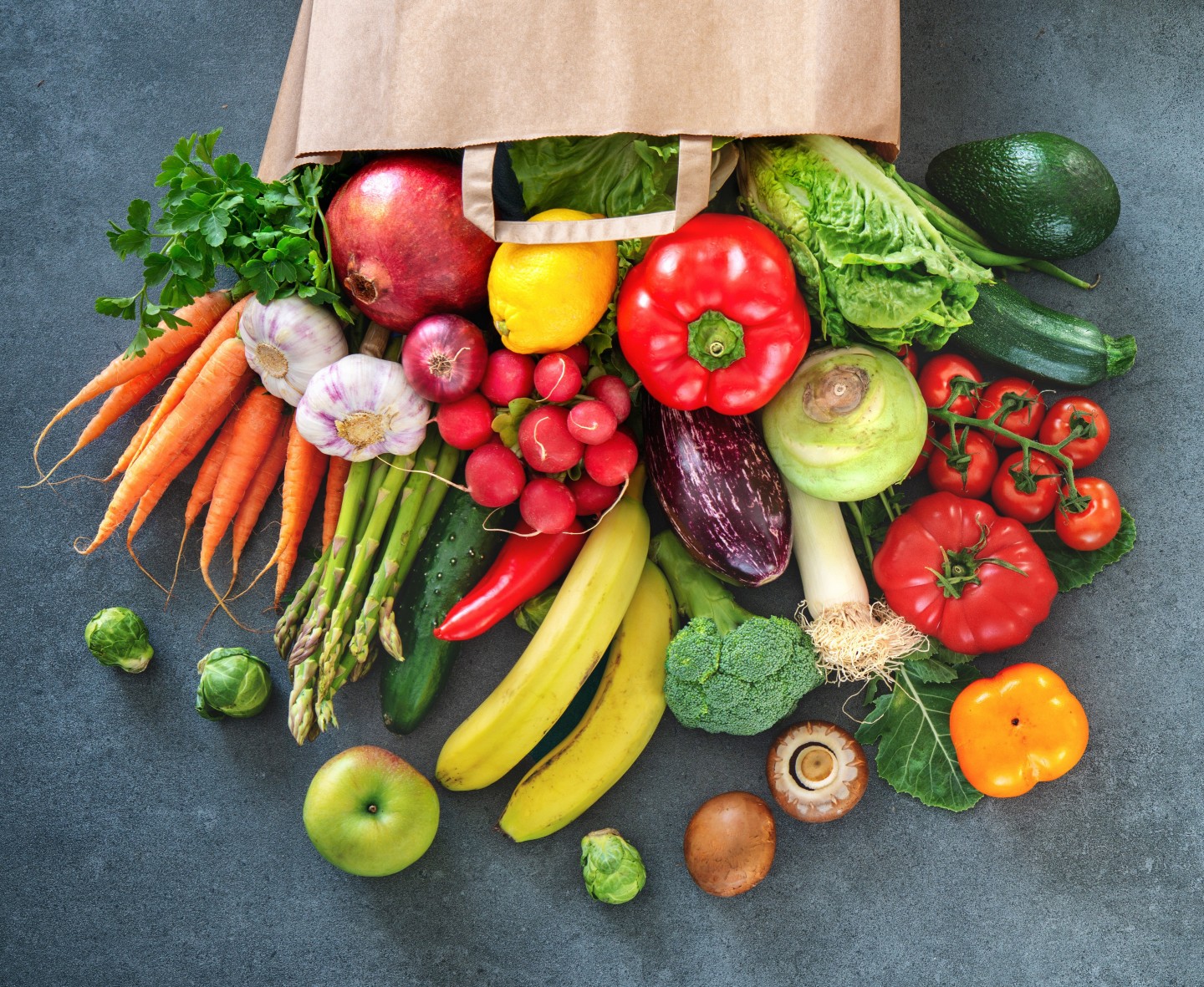
My resolution for 2021 - A more sustainable lifestyle. But how?
The term sustainability has been appearing in various public discussions for some time now. According to the journalist Ulrike App, "the topic of sustainability is important to around 30 million German citizens". But what exactly does sustainability mean?
What is sustainability?
The most widespread and accepted definition is "sustainable development is development that meets the needs of the present without compromising the ability of future generations to meet their own needs". The three elements are always ecology, economy and social issues. The global goal is to meet the 17 Sustainable Development Goals of the United Nations.
Admittedly, the topic is not completely new to me, I have been trying to integrate more sustainability into my everyday life for a few years now. But I also realise time and again that there are more ways to live sustainably than I previously thought.
The biggest lever I have as a private person to ensure more sustainability in the world is actually my behaviour and my power as a consumer. In the meantime, many companies have reacted to this new consumer power and adapted their offers accordingly.
To get new ideas, I had the book "Dein Weg zur Nachhaltigkeit - 350 praktische Tipps für den Alltag" (Your path to sustainability - 350 practical tips for everyday life) given to me as a gift. It presents different areas that have a big impact on sustainability. These include nutrition, clothing, electricity, electronics & internet, plastic, paper, waste, garden & balcony and leisure & events.
My contribution to sustainability
I was able to quickly implement many of the associated tips, such as switching energy providers to green electricity and green gas, and it was also very easy for me. Apart from slightly higher costs, I don't notice anything and I know that I'm doing something good. The same goes for nutrition: I buy less meat, but better meat, eat vegetarian at least five days a week, buy Fairtrade coffee... Separating waste has been standard for me for years and doesn't need to be mentioned.

When it comes to clothing, there are already various alternative suppliers. And I have bought bee-friendly plants for my balcony. However, there are also areas where it is much more difficult for me to implement this, such as travel. Air travel in particular worsens the personal CO2 balance enormously. Certain destinations in Europe can indeed be reached easily by train (alternatives can be found on the internet), but I have not yet succeeded in completely avoiding flying and probably won't in the future either. But replacing the one or other flight with a journey by train or car is at least an improvement.
And that's what it's all about in the end: taking small or even larger steps towards more sustainability. There is always a lot to criticise about this topic (Greta Thunberg once ate salad from a plastic plate - uhhh, bad). However, criticising does not help at this point.
The only thing that counts is your own actions, every day anew. Are you with us ?😊
Our authors have very different professions and come from different areas and locations of Sycor. All of them write from their personal point of view and from their personal experiences.

Fabian Kahle
Quality management specialist

